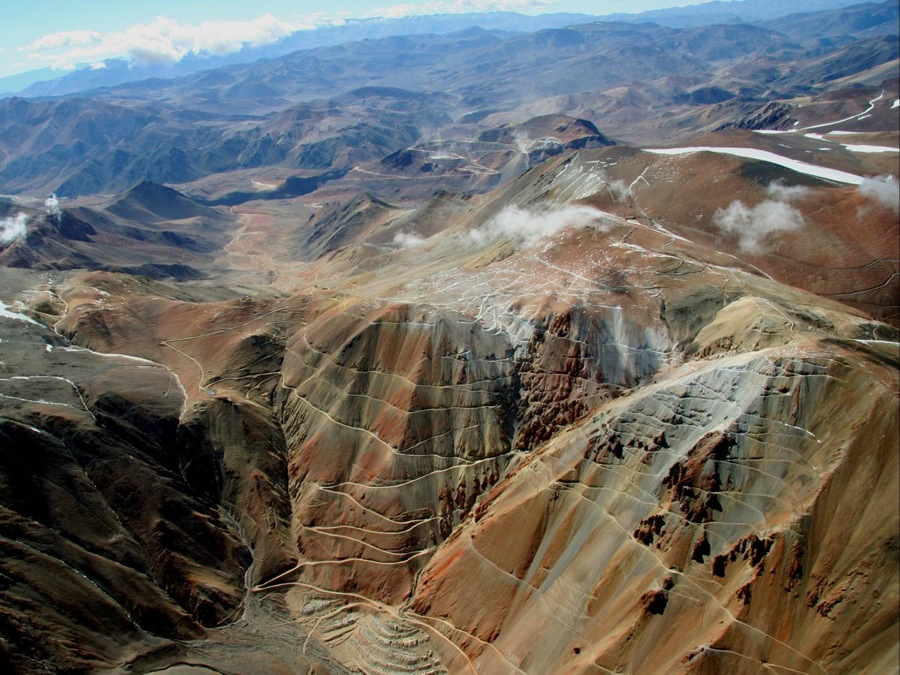Barrick announces drastic revision' of Pascua-Lama, may add partner
Pascua-Lama has been shut since 2013. (Image courtesy of Barrick Gold)
Canada's Barrick Gold (TSX, NYSE:ABX), which recently regained its status as the world's most valuable producer of the precious metal, has began a "drastic revision" of its mothballed Pascua-Lama project in South America.
According to Chilean news outlet El Pulso (in Spanish), the company's President Kelvin Dushnisky revealed that management is re-evaluating plans for the gold, silver and copper mine straddling the border of Chile and Argentina, adding that Barrick does not rule out a possible partnership to bring the project to completion.
Analysts believe China's Zijin may help turn Barrick's greatest problem child, Pascua Lama, into a success by spreading the financial and political risk.The giant project in the Andes has been shuttered since 2013, when a Chilean court ordered the company to halt construction over environmental concerns. Later that year, Barrick shelved the project citing massive cost overruns and nose-diving bullion prices.
"We are looking at how to lower the costs, perhaps by digging a smaller pit, or aiming at higher grades (...) we are very open to consider different options, but we'd only restart the project when the market is right," Dushnisky said.
Analysts are now speculating that Barrick's partner in Papua New Guinea, China-owned Zijin Mining Group, could be the one to help turn Pascua-Lama into a success by spreading the financial and political risk.
Dushnisky made it clear that the company has not given up on Pascua-Lama, said to hold one of the world's largest gold and silver resources with more than 15 million ounces of proven and probable gold reserves and 675 million ounces of silver contained within the gold reserves as of Dec. 31, 2013.
Reduced investment
This year, Barrick plans to invest between $80 to $100 million in the project, well below the $188 million it spent in 2015, thanks to a temporary closure plan approved by Chile and Argentina later last year.
However, Dushnisky warned that the execution of such plan could be affected by legal actions and the weather, which in turn would increase the associated costs.
That is a thought the company is certainly not entertaining at the moment. On the contrary, Barrick has been trying hard to improve its balance sheet after gold prices dropped in 2015 again for the third straight year. The miner has sold assets, formed partnerships and used proceeds toward reducing debt.
Last month, the Toronto-based firm said it intends to cut debt by a further $2 billion this year, with the goal of eventually bringing it below $5 billion.
At the same time, it wants to reduce its all-in sustaining costs (AISC), a key metric that gauges how much a gold producer must spend to produce the precious metal over a mine's life cycle, from exploration to closing.

